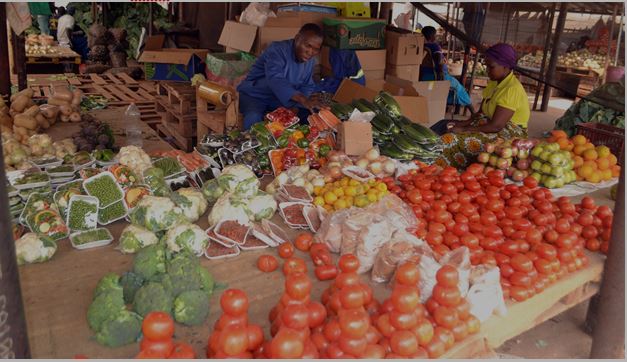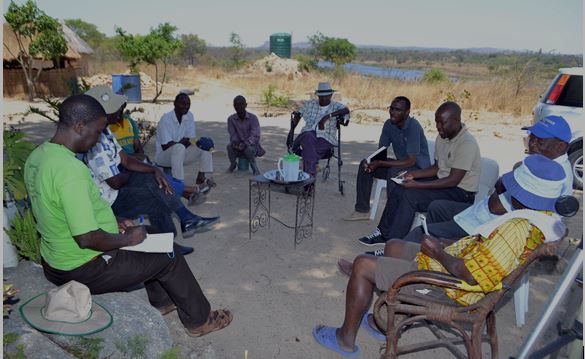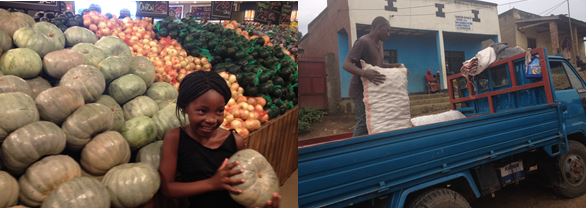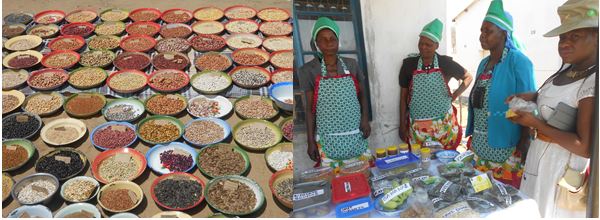Overcoming misconceptions about involving users in creating knowledge
One of the most enduring misconceptions in developing countries is the notion that if farmers and rural people are not involved in creating knowledge they will not adopt what comes from outside. As a result, billions of US dollars have gone into diverse versions of participatory development approaches. Unfortunately, as soon as donor funding dries Read more about Overcoming misconceptions about involving users in creating knowledge[…]









